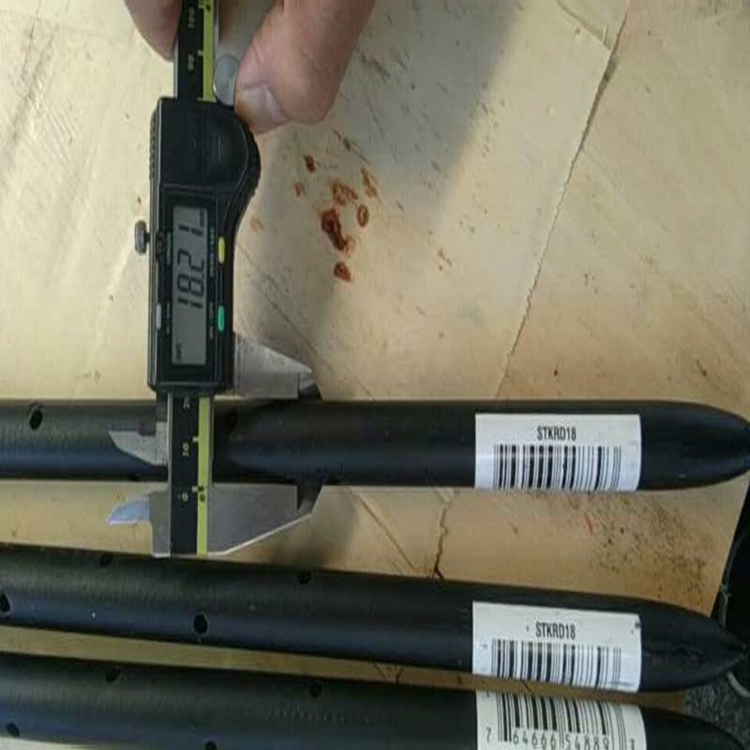High-Quality Wire for Steel Concrete Nails | Durable & Reliable
The Significance of Wire for Steel Concrete Nails
In the construction industry, the precision and reliability of fasteners are crucial for the integrity of structures. Among the various types of fasteners, steel concrete nails play a pivotal role, and the wire used for producing these nails is of particular importance. This article explores the significance of wire in the manufacturing of steel concrete nails, highlighting its properties, applications, and advancements.
Understanding Steel Concrete Nails
Steel concrete nails are specifically designed to penetrate hard surfaces such as concrete, brick, or masonry. Unlike regular nails, these fasteners require specific features to ensure they can withstand the substantial forces exerted during installation. The material used for these nails typically comprises high-carbon steel, noted for its durability and strength. However, the role of wire used for manufacturing these nails is equally critical.
Properties of Wire for Steel Concrete Nails
The wire utilized for producing steel concrete nails must possess certain mechanical and chemical properties to ensure the final product can perform effectively. Key properties include high tensile strength, ductility, and resistance to corrosion. High tensile strength is essential for enduring the hammering and driving into tough materials, while ductility allows for slight bending without breaking, which is crucial during installation. Additionally, corrosion resistance extends the lifespan of the nails, especially when used in outdoor or humid conditions.
Manufacturing Process
wire for steel concrete nail

The production of steel concrete nails typically involves wire drawing, where thick steel wire is drawn through progressively smaller dies to achieve the desired diameter. This process impacts the mechanical properties of the wire, enhancing its strength and durability. Once the appropriate wire gauge is achieved, it is then cut and shaped into nails, often with a hardened tip specifically designed for penetrating concrete.
Applications in Construction
The applications of steel concrete nails are vast, ranging from heavy-duty construction to residential projects. These nails are frequently used in fastening wooden frames to concrete foundations, securing formwork, and even in roofing applications on concrete surfaces. Their reliability ensures that structures remain stable over time, making them a preferred choice for contractors.
Advancements in Wire Technology
Recent advancements in wire technology have led to improvements in the manufacturing of steel concrete nails. Innovations such as heat treatment processes enhance the hardness and tensile strength of the nails, ensuring they can withstand greater loads without bending or breaking. Additionally, advancements in coating technologies provide enhanced corrosion resistance, making these nails suitable for a wider range of environmental conditions.
Conclusion
Wire for steel concrete nails is fundamental to the strength, durability, and application of these essential fasteners in the construction industry. As construction techniques evolve, the development of high-quality wire will continue to play a crucial role in ensuring that steel concrete nails meet the demands of modern building projects. By focusing on innovation and quality in wire manufacturing, the construction industry can ensure that its structures remain robust and secure for years to come. The future holds promising advancements that may further enhance the performance of steel concrete nails, solidifying their place as an indispensable tool for builders and contractors alike.
-
The Ultimate Guide to Premium Quality Field Fence Solutions
NewsAug.12,2025
-
The Essential Guide to Premium Square Wire Mesh Solutions
NewsAug.12,2025
-
The Essential Guide to Hexagonal Wire Netting Farm Fencing
NewsAug.12,2025
-
Premium Continuous Deck Rail Slab Bolster Solutions
NewsAug.12,2025
-
High-Performance Aluminum Tie Wire Reel for Construction Applications
NewsAug.12,2025
-
Crafted Premium Galvanized Hexagonal Gabion Wire Mesh Solutions
NewsAug.12,2025














